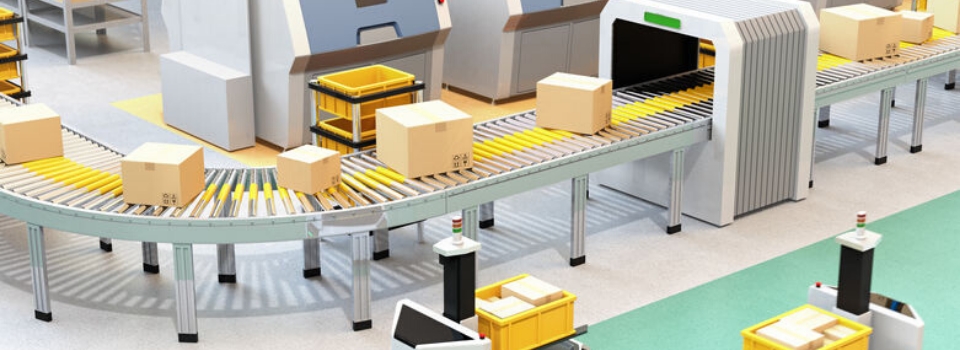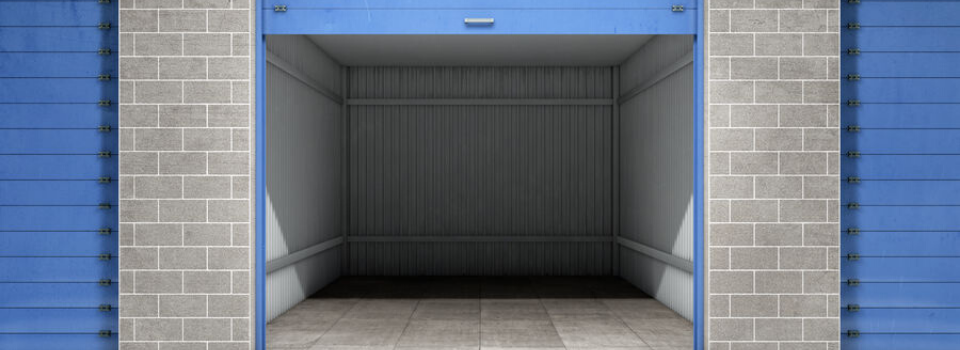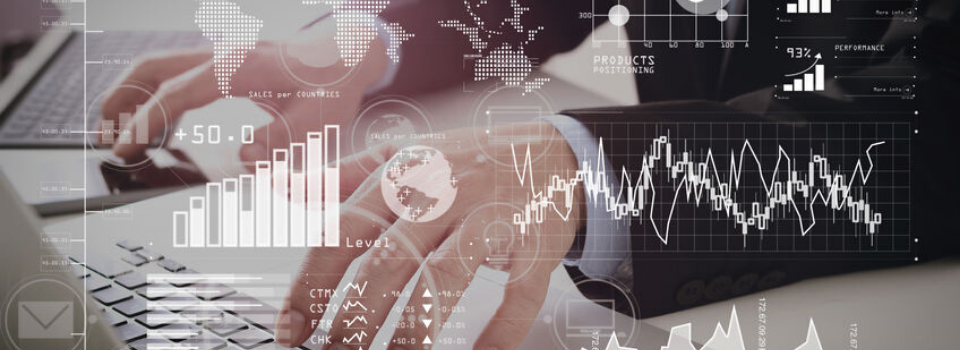
If you’re a supply chain or logistics professional, you probably have more need than most to keep your eyes and ears open for changes and new supply chain trends.
There are few other corners of industry and commerce in which change is such a constant. Indeed of late, our profession is subject to even faster transformation, driven primarily by technology advances and the need to keep pace with retail giant that continually raises the competitive bar.
Aside from the Amazon effect, globalisation and growth in the sharing economy are also disrupting traditional supply chain models, forcing businesses to continually revise competitive strategies.
Let’s take a slightly closer look at some of the ways in which the supply chain is changing and why you need to keep up to date with progress.
The Urbanisation of Warehousing

With Amazon holding something like 13.75% of global ecommerce market share, and still experiencing strong growth, it’s hardly surprising that it’s a corporation able to influence the entire supply chain environment. In order to compete with Amazon’s sub-24-hour delivery times, those retailers with the means to react are moving warehouses closer to urban centres.
The result is pretty much a 180-degree turnaround in the use of warehouse real estate. After years of warehouse reduction and consolidation into sparsely located distribution centres, the next few years are likely to see an increase in smaller warehouses located strategically around centres of population.
The distribution-centre ethos is likely to remain however, since urban warehouses will need to serve as sources of value-adding activity, as well as storage.
Stay Updated with Warehouse Urbanisation

Is your company already considering a shift in warehouse strategy?
It may or may not be necessary, depending on the nature of your supply chain and the industry you operate in. However, if you’re involved in retail logistics, ignoring the trend towards smaller, strategically located urban warehouses would be unwise, allowing your current distribution network to become increasingly unsuited to the needs of today’s connected consumers.
The Transportation Transformation

As technology continues to develop, transportation will become a supply chain element ripe for companies to harvest cost savings—but only if they are proactive in adopting and adapting to the transportation systems of the future.
It may be a while before more ambitious innovations (such as autonomous trucks and alternative fuel sources) are mature enough to become mainstream cost savers. In the meantime though, powerful load and route optimisation algorithms are already reducing the cost of road transport for freight shippers and distributors prepared to capitalise on them.

Also on the near-horizon, sensor-technology and the Internet of Things will play an increasingly vital part in transportation efficiency.

As machine-learning and M2M-communication achieve greater penetration into the supply chain arena, you should expect transportation-management—if not transportation itself—to become increasingly automated. Therefore, if your career interests lie in freight transportation, these are technologies that you should keep up-to-date with.
Keep Tabs on Transport Automation
More automation means less need for human intervention, so at some point, competition for transport-management positions will become more fierce. When that happens, professionals with knowledge and understanding of the latest technologies will make the more desirable candidates for retention by companies shedding jobs and acquisition by those replacing old skills with new.
The Trustworthiness of Data
Data-driven decision-making is currently something more talked about than practiced. This is completely understandable given that data-integrity is all too often compromised by redundancy and a lack of attention to quality. However this is another area in which change can be expected as traditional methods of data-input are replaced by ever-greater degrees of system integration and interoperability.
As the quality of commercial data improves, employers will encourage managers to place more trust in it, and the time will come when data-driven decisions are the norm, rather than the exception.
Don’t Lose Track of Data Developments

I’m the first to remind supply chain professionals today that we still operate in an environment that depends on the ability to manage people and relationships. The relationship side I think, will always be important, especially when it comes to interactions with customers and business partners.
However, as time goes on, the balance of soft versus technical skills employed in management will likely shift more towards the technical.
If you plan to be in the supply chain business as digital dependence increases, you’ll do well to keep yourself up to speed with the technology used to process, analyse, and present data. As a supply chain manager, it may not be long before you find yourself more likely to support or veto decisions made by a prescriptive AI system than by subordinate members of your team.
The Ballooning of Blockchain

Few innovations can match blockchain technology for the way it is disrupting traditional supply chain and logistics models. This is due to its ability to keep an accurate track of products as they move from source, through to manufacturer, into the warehouse, and, finally, delivery to the retailer or consumer.
Developed initially as a means to keep a close record of crypto-currency transactions, blockchain technology has been adapted by major transnationals, such as Nestle, Walmart, Unilever, BHP Billiton, and De Beers, to keep track of their respective products as they move through the supply chain.
The importance of blockchain is that it allows the history of a product to be traced right from its origin to where it is now—in real-time. In the process it also enables detection of any fraudulent dealings.

In the case of diamond giant De Beers, blockchain technology is used to track stones from the time they are mined right up to point of sale. This, importantly, allows the company to prevent ‘blood diamonds’ being added into the distribution process and assures customers that they are buying a genuine precious stone.
Some Benefits of Blockchain Technology:
- It allows provenance tracking through sensors and RDIF tags
- It prevents fraudulent tampering and helps develop trust throughout the supply chain
- Transparency in the blockchain makes it easier for companies to share data and information with manufacturers, suppliers, and vendors
Dispensing with the need for intermediaries in the supply chain reduces the risk of fraud, of products going astray, and of product duplication. It also cuts costs through better inventory management, dispenses of the need for couriers, reduces delays, and speeds up the process of identifying problems as they arise.
More and more companies are adapting this technology, which is considered reliable and to have integrity. As a supply chain specialist, you will, sooner rather than later, have to come to terms with it. If not, you could find yourself left behind.
Keep Yourself Up-to-date and Relevant
It doesn’t matter if you are a supply chain management veteran or a graduate seeking your first position, our professional field is changing at an exponential rate, making it a challenge to remain relevant without constant updating of knowledge and skills.
Given projections that the supply chain talent gap is only likely to grow over time, the odds of a cure lying in automation rather than education become narrower with each year that passes.
The jury is out on whether technology will reduce jobs or simply change them, but in either event, fortune is likely to favour your supply chain career more if you make a point of staying up to date with trends and developments as they arise.
Editor’s Note: This post was originally published in January 2017. It has now been revamped and expanded to make the content more comprehensive and informative.


I am very thankful for the effort put on by you, to help us,
Excellent Article.
Thanks Linda. I’m glad you enjoyed it.
Mr O’Byrne,I’m looking to study supply chain management but worry whether the field/profession would’ve become redundant by the time I complete studying
Probably becoming more important every day!